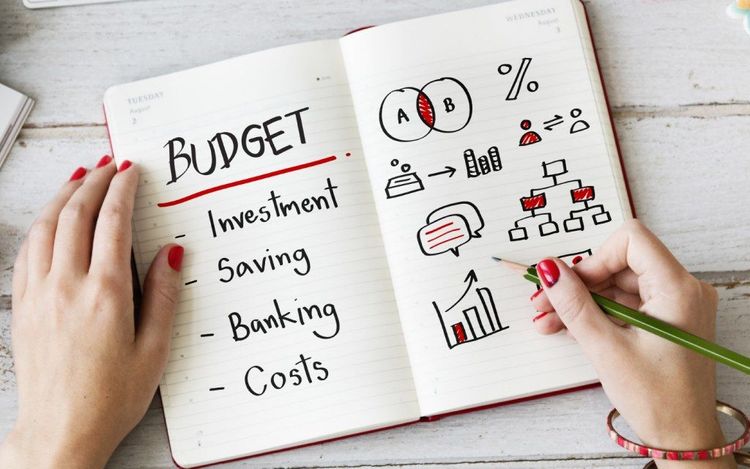For families, managing day-to-day expenses while preparing for unexpected costs can feel overwhelming. Household budgeting serves as a roadmap, helping families allocate their financial resources effectively. It not only ensures that basic needs are met but also promotes a sense of security and reduces financial stress. With a solid budget, families can achieve their short-term priorities, like paying bills on time, and strive toward long-term goals, such as saving for college or retirement. It’s not just about numbers; it’s about taking control of your financial life and creating peace of mind.
Understanding Your Income and Expenses
Before you can create an effective budget, it’s essential to take a closer look at your income and expenses. Begin by calculating the total amount of money coming into your household each month. This includes salaries, freelance income, benefits, or any other sources of revenue. Next, examine your expenses. Categorize them into fixed costs like rent or mortgage payments and variable costs such as groceries, utilities, and entertainment. Understanding this balance is key—it shows whether you're spending more than you earn or have room for saving. Maintaining a clear picture of your finances gives you the clarity to move forward and make informed decisions.
Essential Budgeting Tips for Families
Creating a budget doesn’t have to be complicated. Start with small, manageable steps. Identify areas where you can reduce spending without compromising your lifestyle. Setting realistic goals for savings and debt repayment can make budgeting feel less daunting. Families often find it helpful to build an emergency fund to handle unexpected expenses, such as car repairs or medical bills. Sticking to a budget also requires discipline but doesn’t mean you have to sacrifice everything—set aside a small amount for fun activities to strike a balance. When you involve the entire family in planning, budgeting becomes a shared responsibility rather than a restrictive chore.
Smart Strategies for Saving and Investing
Saving needs to be more than an afterthought—it should be an integral part of your budgeting plan. Start by allocating a portion of your income toward a savings account, ideally with automatic transfers so it’s out of sight and out of mind. Knowing where to store your savings is equally important. Consider high-yield savings accounts to make your money grow. If you’re ready to go a step further, explore investment options. Investments like mutual funds, retirement plans, or college savings accounts can maximize your income over time. Meeting with a financial advisor can help families make smarter choices based on their specific goals and risk tolerance.
Incorporating Technology for Effective Budget Management
The digital age has made managing your finances easier than ever. Budgeting apps like Mint, YNAB (You Need A Budget), or PocketGuard can simplify the process of tracking income and expenses. These tools come with features to help you set financial goals, receive spending alerts, and visualize your financial trends. Some apps even allow you to connect all your accounts in one place, making it effortless to track transactions. By using technology, families can stay on top of their budgets in real time, helping eliminate manual calculations and potential errors.
Teaching Budgeting to Children
One of the most valuable lessons you can teach your children is how to manage money. Start with simple concepts like saving money in a piggy bank or earning an allowance for completing chores. Older children can benefit from understanding how money is spent on household necessities such as groceries or utilities. Many families introduce budgeting by setting up a small savings goal for their children, like saving for a toy or a school activity, to reinforce good habits early. When children understand the value of money and how to use it wisely, they’re better prepared to be financially independent in the future.
The Long-Term Benefits of Effective Household Budgeting
Household budgeting is not just about keeping track of expenses—it’s an ongoing practice that can transform your financial life. A well-maintained budget offers you the ability to save, invest, and pay down debt without feeling overwhelmed. By creating financial stability, you lay the groundwork for a brighter future for yourself and your family. Over time, effective budgeting fosters confidence and freedom, allowing you to focus on what truly matters—spending quality time with loved ones and achieving your dreams.
Take the first step toward financial wellness today. Implement these strategies, stay consistent, and watch the difference it makes for your family.




